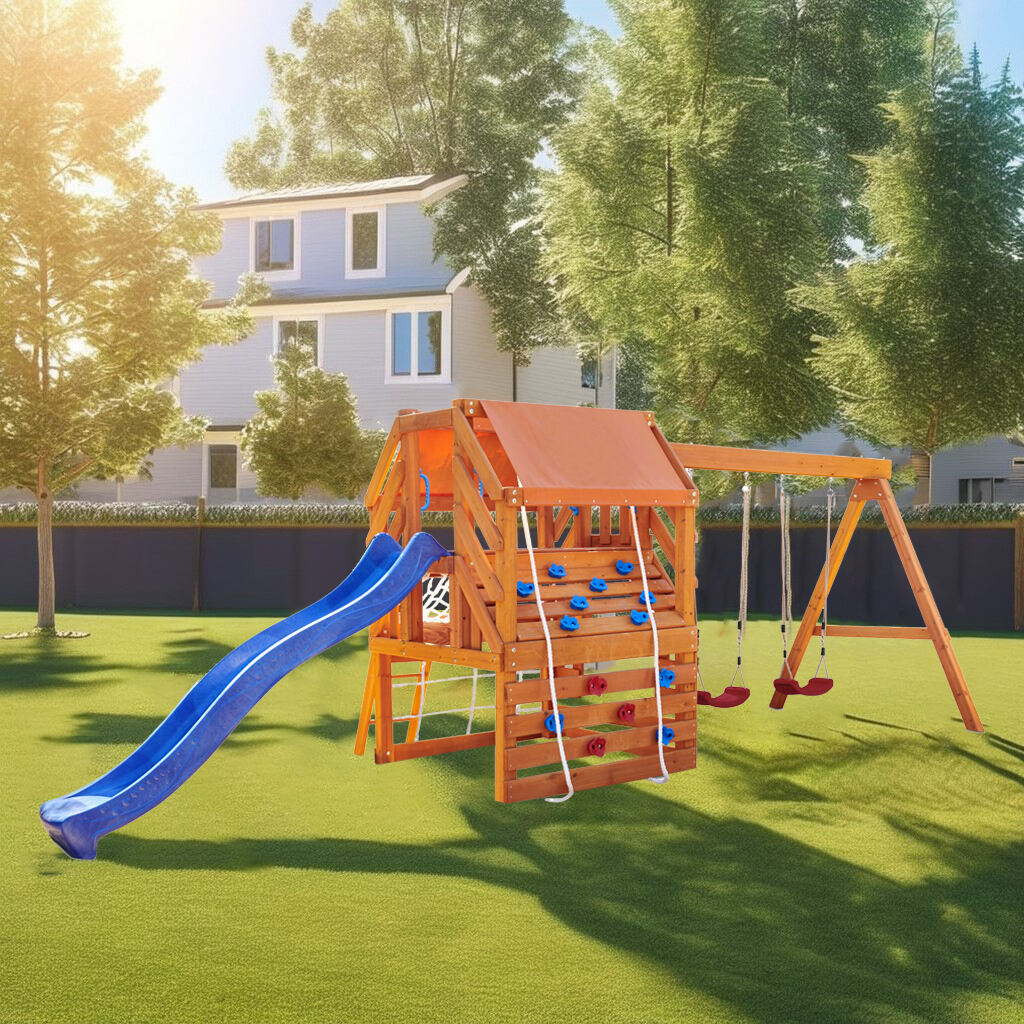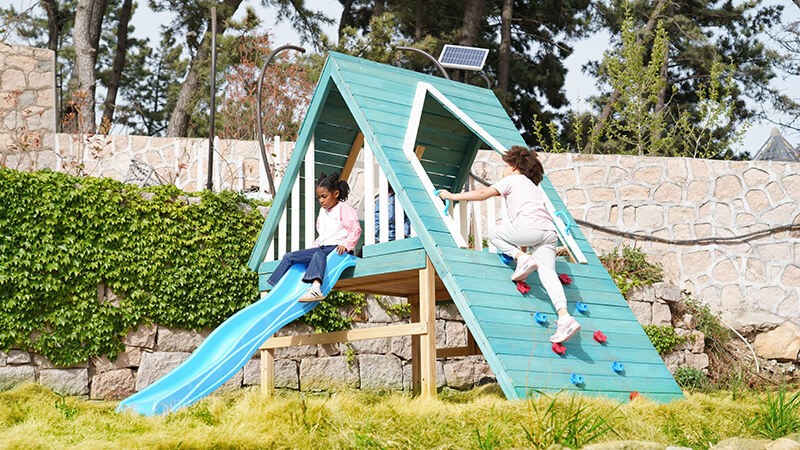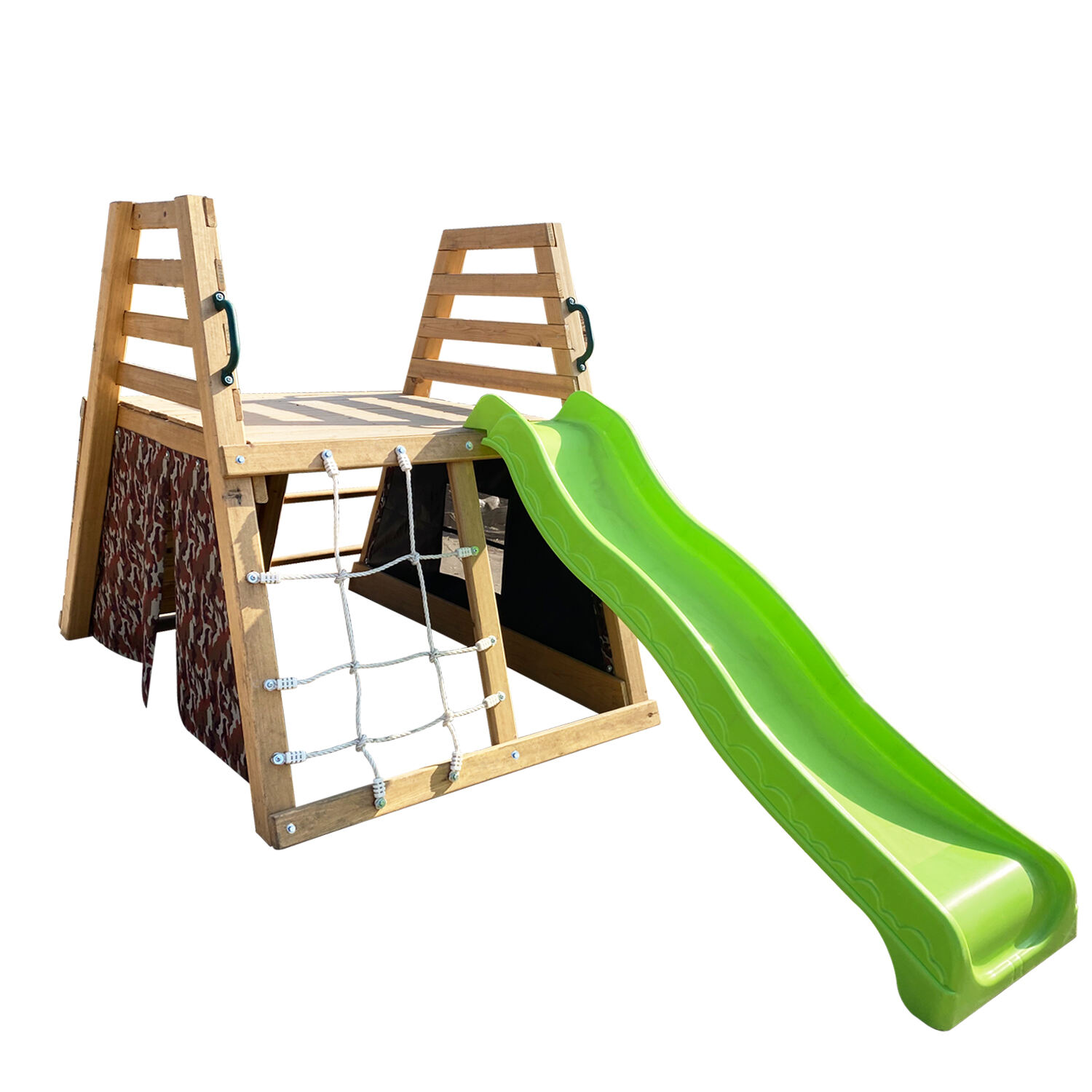outdoor play
Outdoor play represents a fundamental aspect of childhood development, combining physical activity with creative exploration in natural settings. This essential form of recreation encompasses various activities from traditional playground equipment to nature-based adventures, promoting both structured and unstructured play experiences. Modern outdoor play has evolved to incorporate safety features, innovative design elements, and educational components that enhance children's learning while maintaining the pure joy of outdoor activities. These play spaces typically include diverse elements such as climbing structures, swings, slides, and natural elements like sand, water features, and green spaces. The integration of these components creates an immersive environment that supports multiple developmental domains, including gross motor skills, social interaction, and cognitive development. Advanced playground materials and designs now focus on durability, weather resistance, and sustainability, ensuring long-term value and minimal environmental impact. Additionally, contemporary outdoor play spaces often incorporate inclusive design principles, making them accessible to children of all abilities and age groups.


